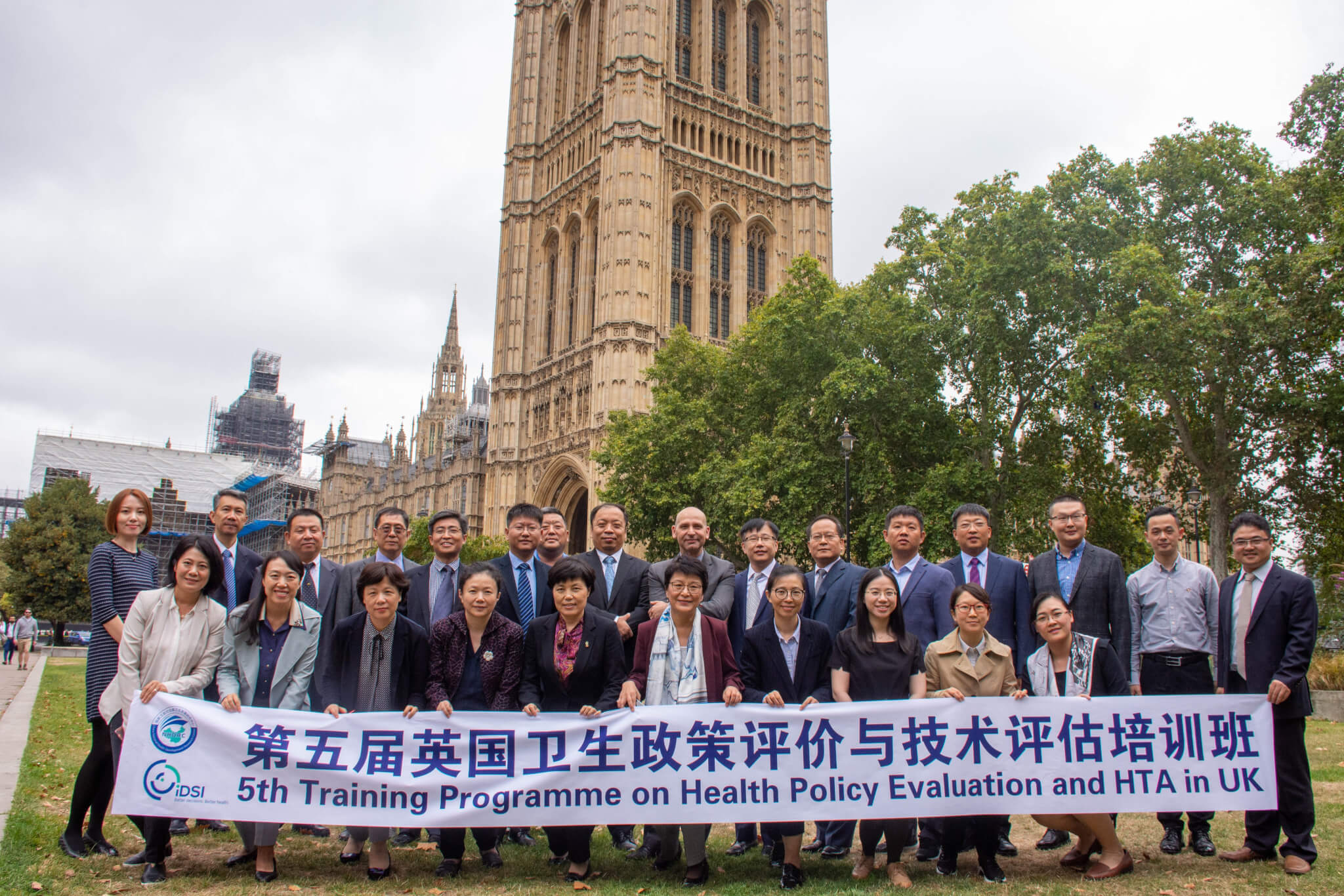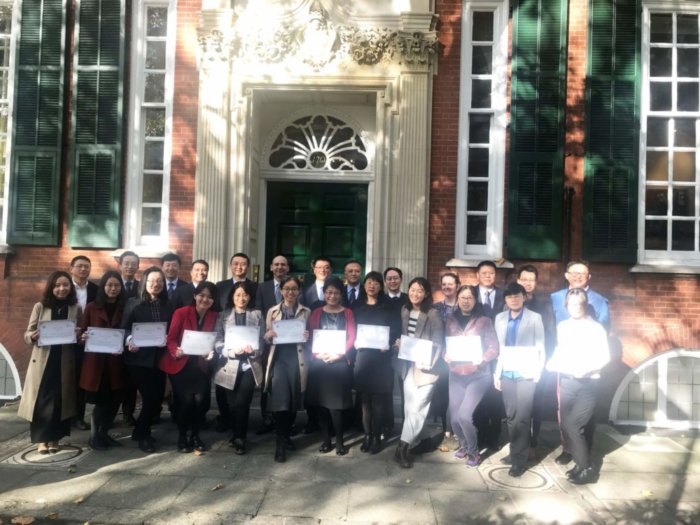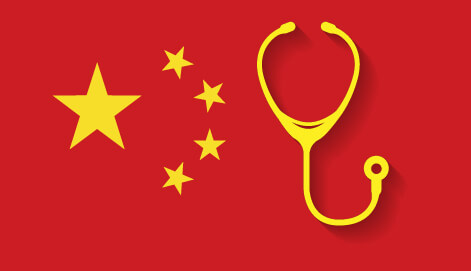China
- China is among one of iDSI’s many partner countries that has made the most remarkable progress on embedding health technology assessment (HTA) into its health system. Facing rising health expenditures amidst growing non-communicable disease burdens and building on its progress on building HTA informed evidence to policy structures over the previous decade, China in 2018 launched the National Center for Medicine and Health Technology Assessment under the China National Health Development and Research Center (CNHDRC), the official thinktank of the National Health Commission and iDSI core partner. The national HTA agency was tasked with assessing medicines to inform decisions on what goes on the National Essential Medicines List (EML), and guide regional policy to ensure that priority-setting is based on value.
Since the establishment of the NCMHTA, there have been further institutional evolution, linked with the creation of the country’s main payer, the National Health Security Administration (NHSA). The founding of an HTA unit at the China Health Insurance Association (CHIRA) in 2020 represents a significant political milestone in the evidence-informed priority setting agenda, given the potential scale of impact. The new HTA unit includes key personnel associated with the national HTA centre at CNHDRC, offering necessary institutional continuity. Importantly CHIRA has a direct link to the NHSA, and thus HTA evidence is able to exert greater influence on national reimbursement decisions.
Our Impact
iDSI has:
Directly supported establishment of the National Center for Medicine and Health Technology Assessment under CNHDRC
Strengthened the technical capacity for HTA through the China Health Policy and Technology Assessment Network
iDSI’s longstanding partnership and friendship with China began in 2009, when the Global Health and Development Group collaborated with CNHDRC to strengthen the evidential base of clinical pathways and pilots for surgical procedures and non-communicable diseases within the context of wider rural health insurance reforms in China. Drawing on GHD’s expertise in health technology assessment (HTA) and clinical guidelines, we have worked together on capacity-building; multi-stakeholder engagement; and changes to IT infrastructure and payment reform within pilot hospitals.
In 2018 CNHDRC became a core partner of iDSI, having secured its own funding from the Gates Foundation to help facilitate the building of an institutionalised mechanism for translating HTA evidence into policy, and emphasising iDSI’s commitment to forge global partnerships to achieve real world health gains.
Further underscoring China’s national and international importance in HTA development, CNHDRC co-hosted the 2020 HTA international (HTAi) conference. Given the pandemic, the conference was held virtually with 200 participants on average attending individual sessions from a broader range of network partners than normally expected. Participants came from over 59 member organizations from all around the world. This is the first time an HTAi meeting was held in China, albeit virtually, connecting the experience of China HTA to the wider international community.
Building HTA capacity across the provinces of China
Our current collaborations with CNHDRC and the HTA unit at CHIRA focus on implementing evidence-informed processes to guide national healthcare spending decisions – for instance the incorporation of HTA principles and methods into priority-setting for drugs, devices/diagnostics and vaccines. These are key steps in China’s journey towards achieving Universal Health Coverage for 1.4bn citizens.
Impact
By the network’s second annual meeting in 2017, 37 organisations (representing most of China’s provinces) including many prominent Chinese universities, research institutes and hospitals, joined under the leadership of the CNHDRC and the National Health Commission. The network has 48 member institutions to date and held workshops and seminars in 31 provinces, including technical capacity strengthening and methods training by iDSI, and has proven to be essential groundwork for the subsequent institutional changes shaping HTA development in China.
A timeline of the evolution of HTA in China.
BMJ: Tessa Richards: China to set the bar high for new health technologies
Improving quality of care through evidence-based clinical pathways in rural China
Impact
In collaboration with CNHDRC, the University of Glasgow took the pathways work as a case study in the development of a mixed-methods framework to measure the value and return-on-investment of HTA. The findings suggested that the pathways appeared to be cost-effective, and that the process of HTA itself creates value which offsets the costs of undertaking and implementing HTA.
Key reads
iDSI: Long Term Partnerships in China. Putting evidence and analysis at the heart of China’s
health agenda, Nov 2019 https://idsihealth.org/wp-content/uploads/2020/06/iDSI-J7507-Case-studies-China-191115-WEB-1.pdf
Strengthening evidence-based policy making in support of universal healthcare. Introducing evidence-based clinical pathways for stroke and COPD in rural China. China National Health Development Research Centre, 2016
The Value of Health Technology Assessment: a mixed methods framework Grieve E, Hesselgreaves H, Wu O et al. Dec 2017
“
We value the important work on clinical pathways, and we hope [iDSI] will continue helping us with the healthcare reforms in China.Mr Ma Xiaowei Vice Minister of the National Health Commission, China
People-to-people engagement between China and UK
Along with off-site visits to locations including St Thomas’ Hospital, the groups have visited and received talks on a wide range of topics including from the Department of Health, Public Health England and the Medicines and Healthcare Products Regulatory Agency on protecting and improving public health; National Institute for Health and Care Excellence on the HTA infrastructure and processes and the development of evidence-based clinical pathways and integrated care pathways; the pricing of branded and generic pharmaceuticals in the UK; vaccine evaluation; and how to best to make use of electronic health record systems.
Impact
The 2017 study tour was timed to coincide with the 5th UK-China People-to-People Health dialogue, attended by UK Secretary for Health and Social Care Jeremy Hunt; Vice Minister of National Health Commission Cui Li; and UK Minister for Public Health and Primary Care Steve Brine. Vice Premier Mme Liu Yandong and Mr Jeremy Hunt signed the joint statement on UK-China Dialogue achievements and future commitments, highlighting a commitment on both sides to support HTA capacity building through ongoing collaboration between CNHDRC and GHD.
These UK-China relationships, facilitated by the longstanding relationship between CNHDRC and GHD undoubtedly lay the foundation for CHIRA/CNHDRC being successfully awarded funds from the UK Prosperity Fund (PF) to embark on a project focused on establishing a mechanism for cancer drug evaluation in China. With support from GHD, the Chinese team have devised a methods framework for the rapid review of cancer drugs using ‘real world data’, focusing in the first instance on selected technologies for breast and lung cancer. A report will be produced by the end of March on the findings of this rapid HTA. The PF project was formally launched on January 12 at a ceremony involving the UK Ambassador to China, Ruolan Wu, and the Deputy Director of the NHSA, Li Tao.

iDSI hosts fifth two-week study tour for senior Chinese health professionals and researchers
11.10
Balancing budgets and coverage on the road to determining Health Benefit Packages: iDSI hosts three major events bringing together policy-makers from around the world
12.11
iDSI hosts two-week study tour for Chinese delegation
18.10